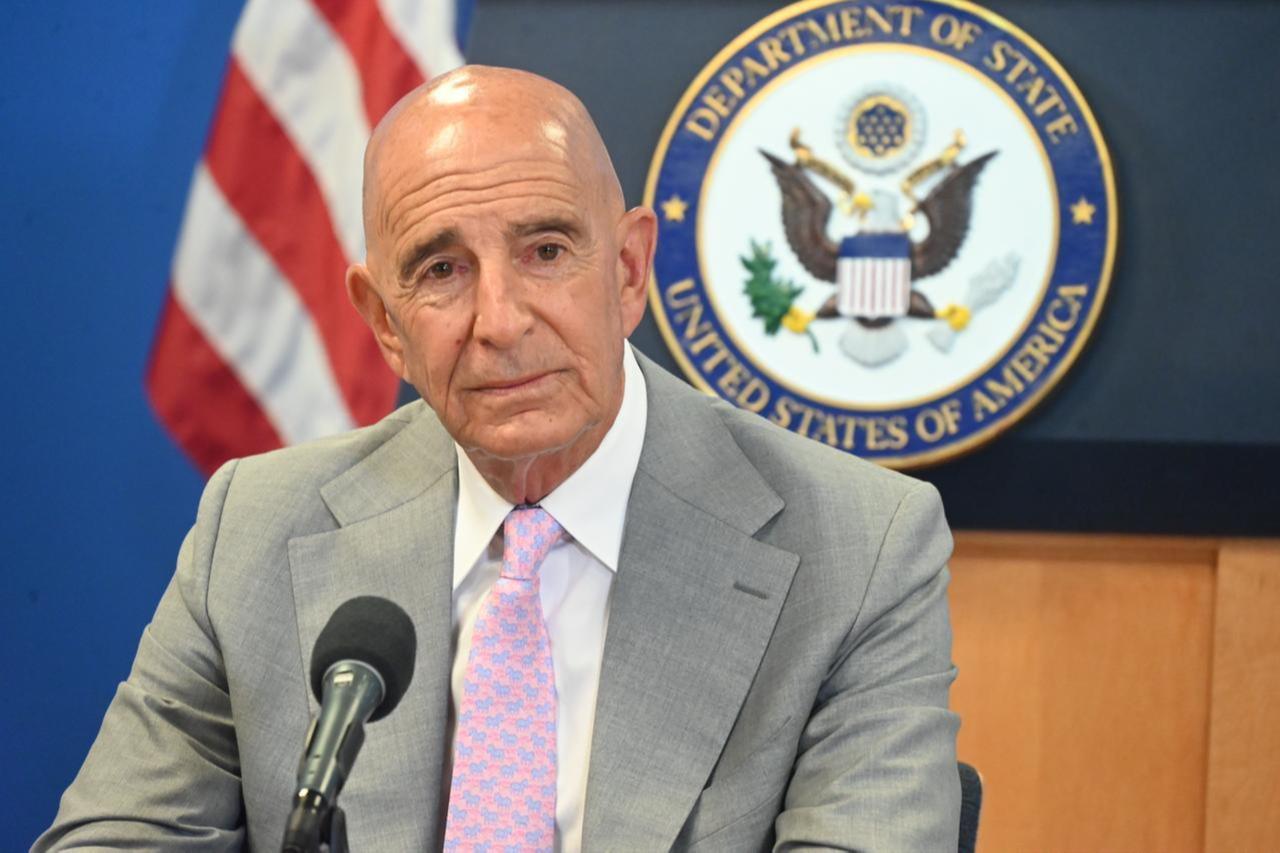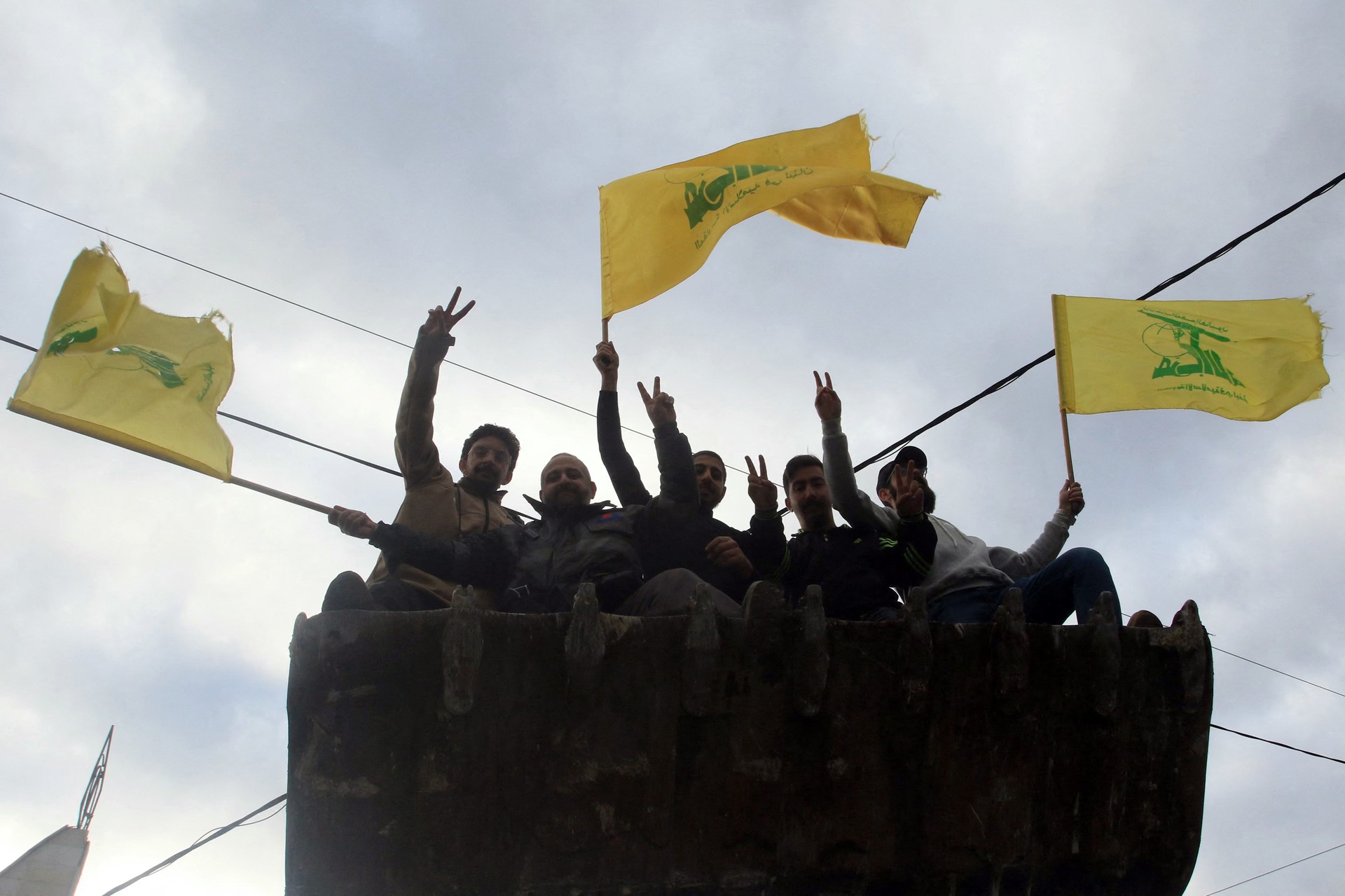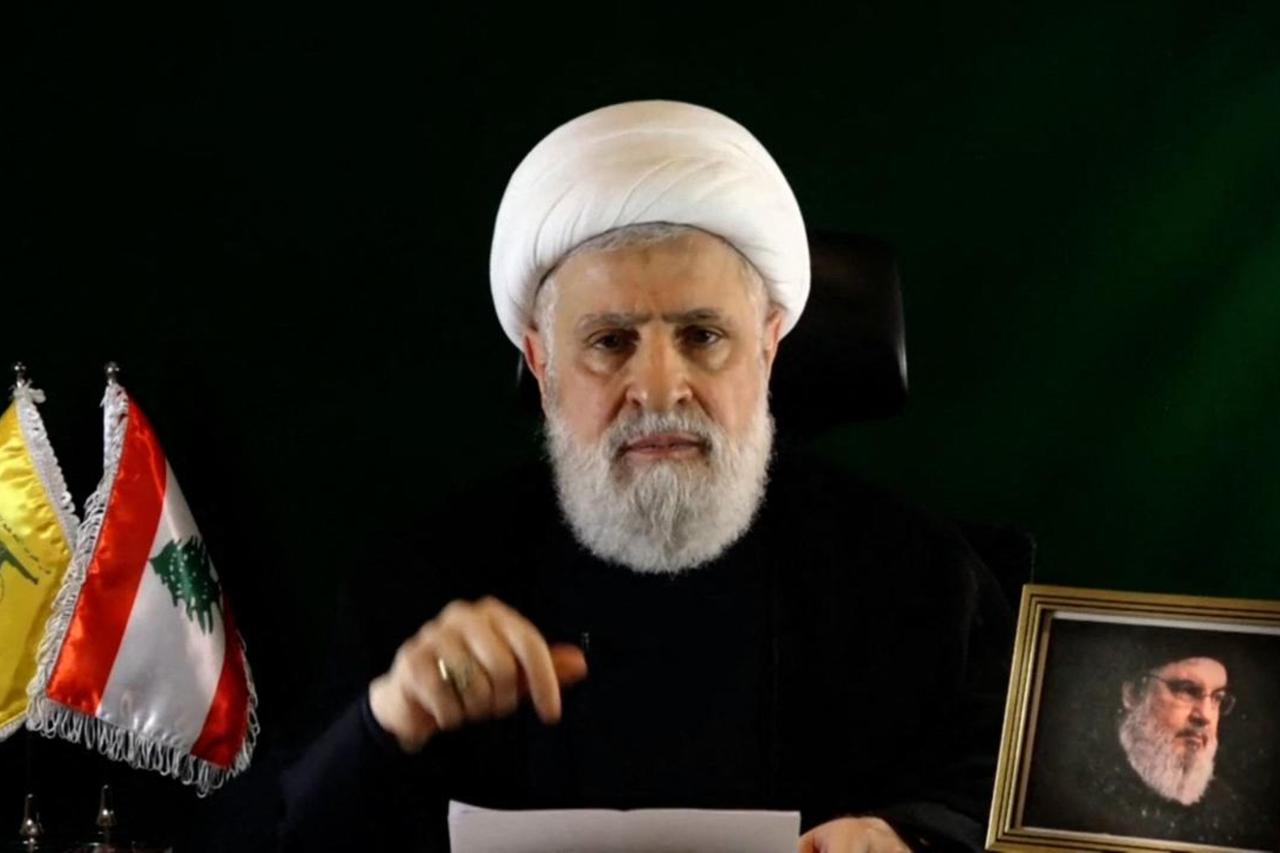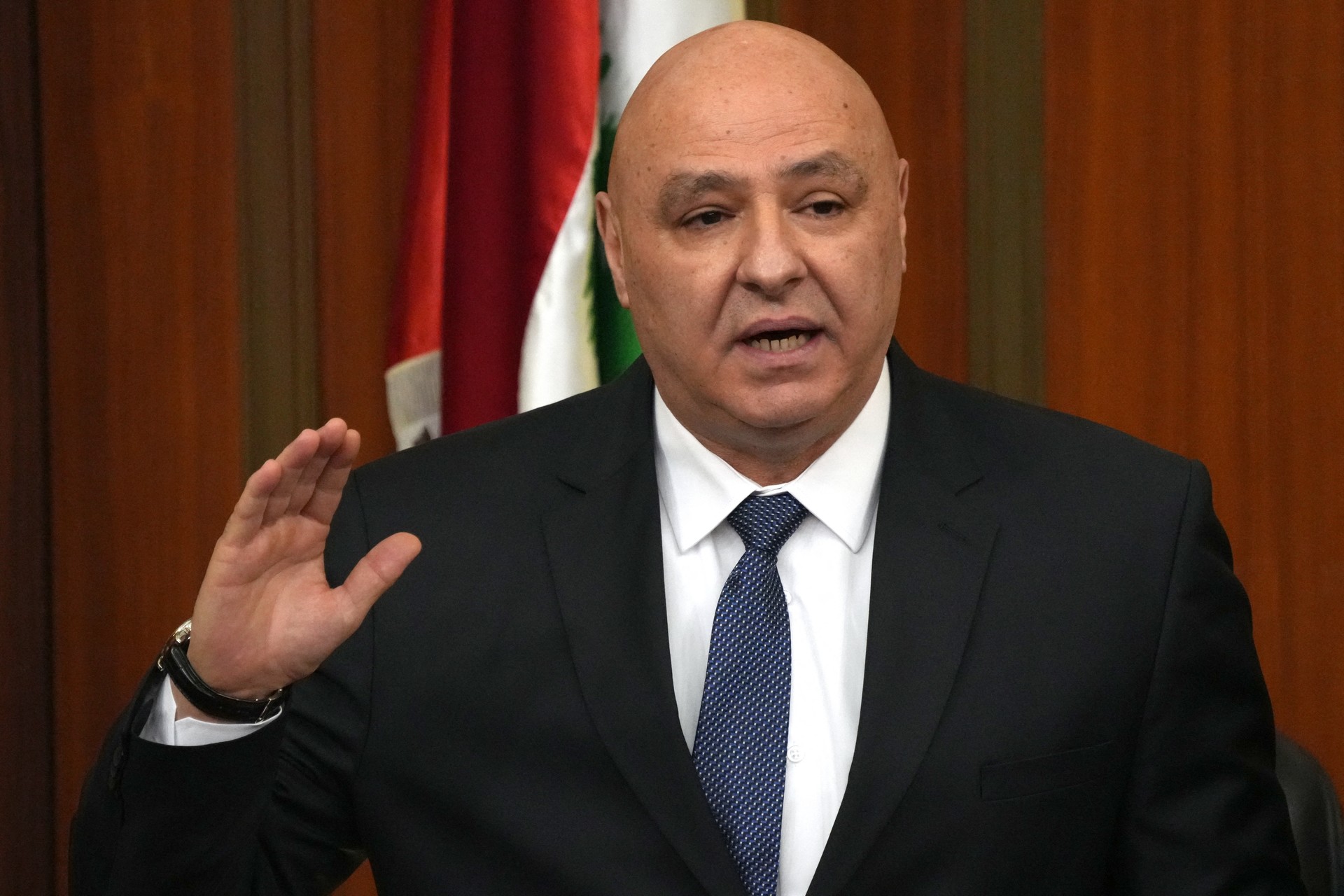
Lebanese Prime Minister Nawaf Salam said on Friday that U.S. Ambassador to Türkiye and Syria Envoy Thomas Barrack would visit Lebanon next week to discuss a cease-fire proposal aimed at ending the hostilities between Israel and Hezbollah.
Speaking to the official National News Agency (NNA), Salam confirmed that Lebanon’s position on the proposal had already been conveyed through President Joseph Aoun.
The plan, according to Salam, is based on “Israel’s full withdrawal from occupied Lebanese territory, the extension of state authority across all regions, and the exclusive possession of arms by the state.”

He added that the proposal includes a phased implementation plan and that discussions were held with full transparency, although he did not elaborate on the document's details.
A Lebanese official speaking to Anadolu Agency (AA) revealed that Barrack’s proposal, initially submitted on June 19, called for the disarmament of Hezbollah’s military wing in exchange for Israeli withdrawal from five strategic locations in southern Lebanon. The plan also includes the release of international reconstruction funds for war-damaged areas.
Additional elements in the U.S. proposal include border control, anti-smuggling operations, customs revenue reforms, and the reinforcement of government authority at crossings and public facilities.
On June 27, in a televised interview, Barrack stressed that only Hezbollah’s armed wing was being targeted, stating, “This structure is unacceptable. A disarmament timeline must be established.”

Hezbollah Secretary-General Naim Qassem responded during Ashura commemorations on July 6, rejecting any calls for disarmament until Israeli attacks on Lebanon cease entirely.
While the Israeli army has partially withdrawn from southern Lebanon, it continues to occupy five key high points seized during the recent clashes.
According to UAE-based daily The National, Barrack warned that Lebanon faced an “existential threat” if it failed to confront the arms issue. “On one side is Israel, on the other Iran. Now Syria is re-emerging rapidly,” he said. “If Lebanon does not act, it risks losing its sovereignty and inviting intervention from neighboring countries.”

Following the July 7 meeting with President Aoun, Barrack expressed satisfaction with Lebanon’s initial feedback. However, Lebanese officials have not committed to a clear timeline or mechanism for ensuring a state monopoly over arms north of the Litani River.